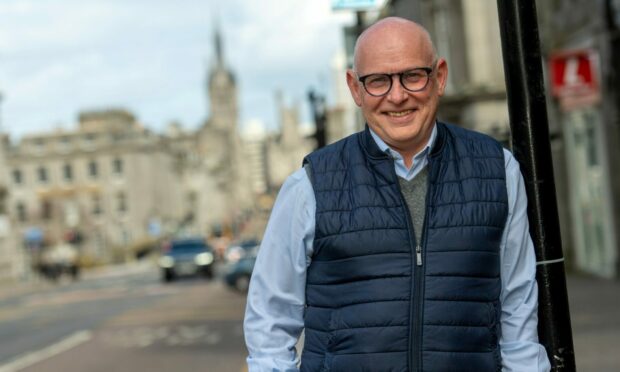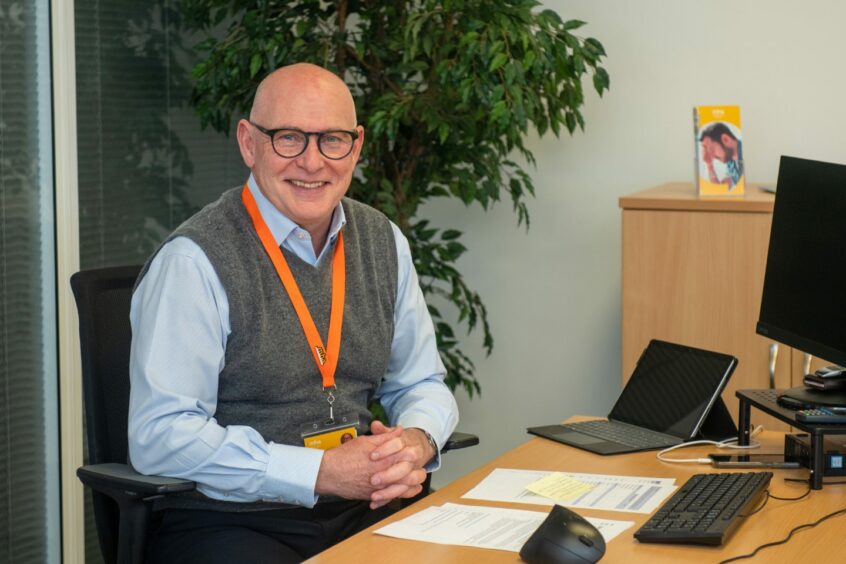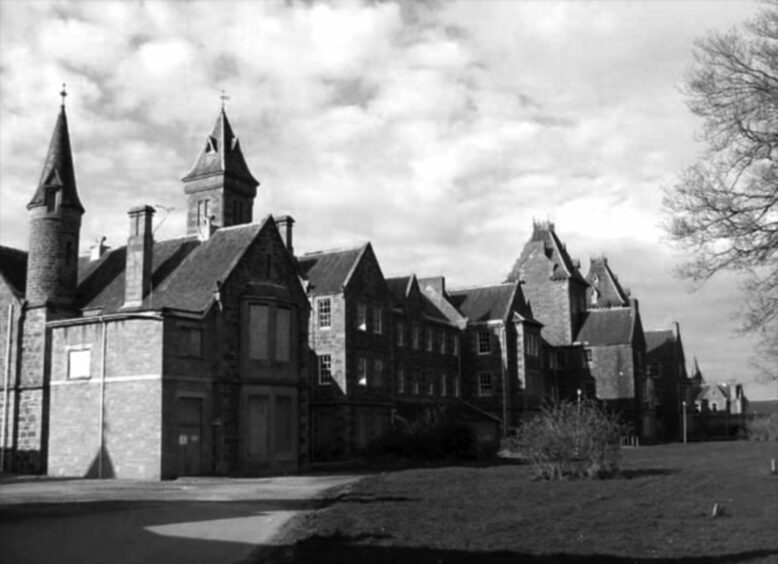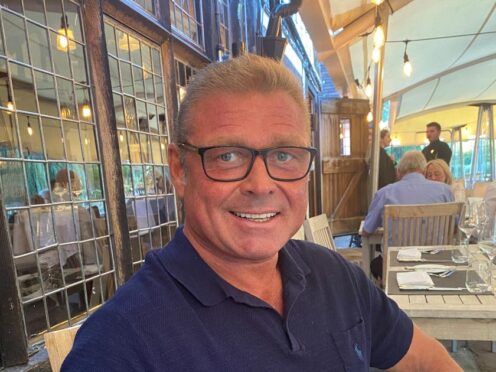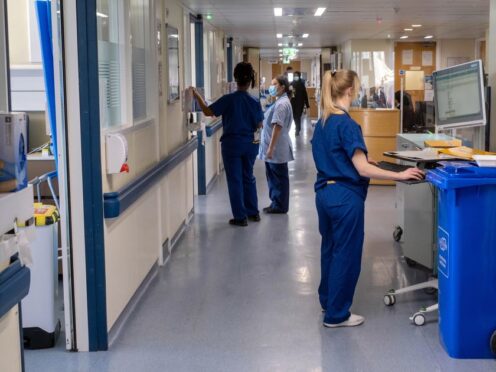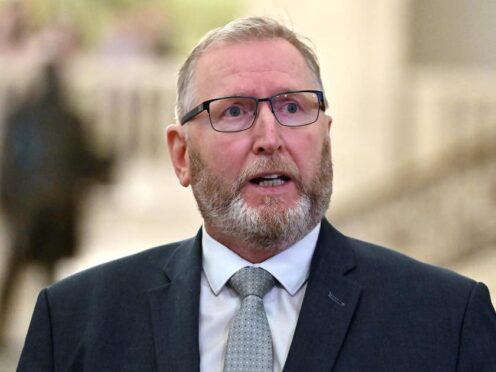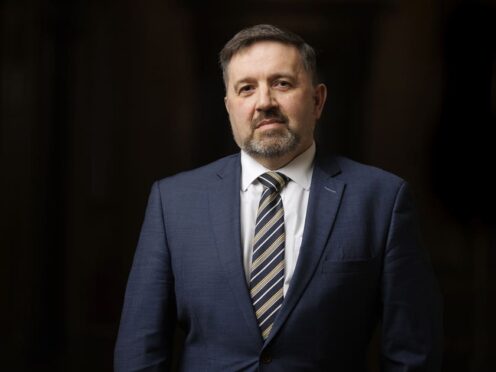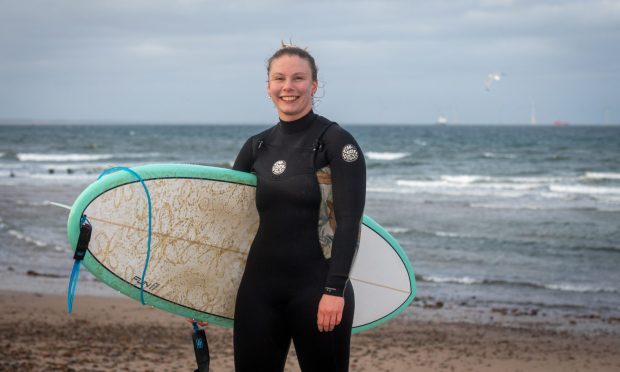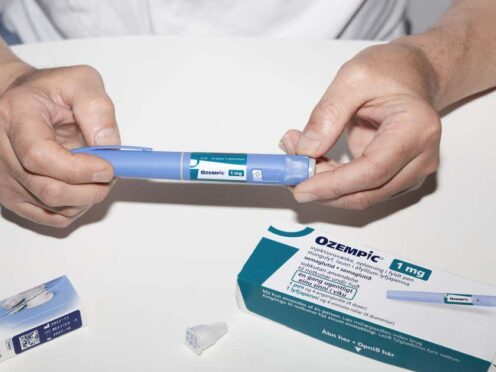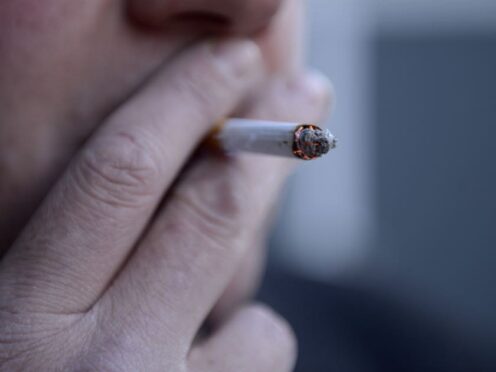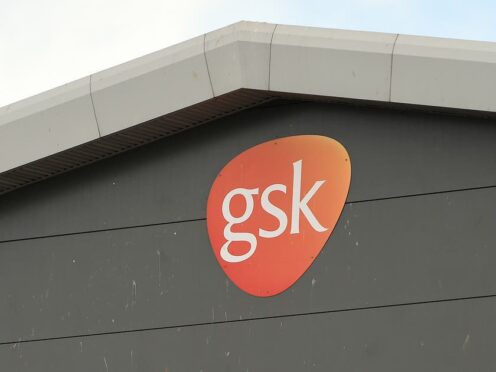In Graeme Kinghorn’s job, being busy is a double-edged sword.
As the chief executive of Mental Health Aberdeen, the home-grown charity that has served the city for more than 70 years, Graeme enjoys being useful.
But he knows the more calls his organisation receives, the more things have gone wrong.
“It is one of these ones where you are busy, and it’s not necessarily a good thing,” he says. “If we’re busy it’s because there is an increasing demand for our services.”
Unfortunately for Aberdeen and Aberdeenshire, Graeme has never been busier.
In the wake of the lockdown pandemic and with the ongoing cost-of-living crisis, MHA’s services are in constant demand.
The charity employs 40 counsellors on a full and part-time basis along with about 50 volunteers. In 2019, the last year MHA has numbers for, those staff held 20,000 individual counselling sessions across the entire organisation.
Since then, the number of calls to MHA from people seeking its help has gone up.
“There is no question that calls are increasing,” Graeme says.
“People are only now getting back to into the workplace and into normality, or what was counted as normality before, and for some that is a huge hurdle to get over.”
‘People are not always truthful if you can’t see them’
A few years ago, MHA switched its focus solely to counselling.
Previously, the group ran a number of services such as addiction counseling or bereavement counseling but decided that was best left to specialised providers.
Anyone looking to use the MHA’s services can call up and receive face-to-face counselling in the charity’s Dee Street headquarters in Langstane House.
Phone and video call chats are also available, but for Graeme personal appointments work best.
“Phone counseling or video counseling is still effective if you can’t do one-to-one,” he says. “But people are not always entirely truthful if you can’t physically see them.”
That caring ethos goes back to MHA’s roots, and the incredible story of how it came into being.
One of the oldest and longest-running mental health charities in the UK, MHA was founded on December 14, 1950.
The date is just a few years after the Second World War and 17 months on from the creation of the NHS.
Mental health treatment at the time was very different to today. Many patients were housed in sanatoriums such as Ladysbridge near Banff, and often alongside people with severe mental health problems.
In Aberdeen a group of enlightened medical professionals believed more could be done to help those suffering from poor mental health.
“These people realised that there needed to be something or some sort of organization to try to deal with it,” Graeme says. “And it has grown from there.”
‘My mum had a history of mental health issues’
Graeme Kinghorn became MHA’s chief executive in March 2021, taking over from Astrid Whyte, who was in the role for more than three decades.
A chartered accountant, Graeme was treasurer and a voluntary board member of MHA for more than 10 years. But his move to the top job has been a landmark in a professional career that has some very personal roots.
“I got involved because my mum had a history of mental health issues, which I dealt with from the age of 18,” he says.
“So I’ve been all through the system with her. I always felt that I wanted to do something and when the opportunity presented itself, I thought it was the right thing to do.”
Some of Graeme’s ideas for MHA have already become a reality. At the end of last year, the group opened its first charity shop, just around the corner from the Dee Street headquarters on Union Street.
As well as selling charity donations, the shop has a range of self-help products focussed on mental health.
Graeme sees the shop, with its local roots, as a huge positive.
“The big bugbear for me is that there are a lot of big national charity shops in Aberdeen,” he explains. “I don’t think a lot of that money stays in Aberdeen and is used for local service delivery.”
The road ahead for Mental Health Aberdeen
Graeme Kinghorn says he’s “50% excited and 50% terrified” of the challenges ahead. But the chief executive is determined to make his mark on the long-running charity.
He says: “Why wouldn’t you want to contribute to something that has done so much good before and will do so much good going forward?”
MHA’s charity shop is at 231 Union Street, Aberdeen. To reach an MHA counsellor, call 01224 590510. For more information, click here.
